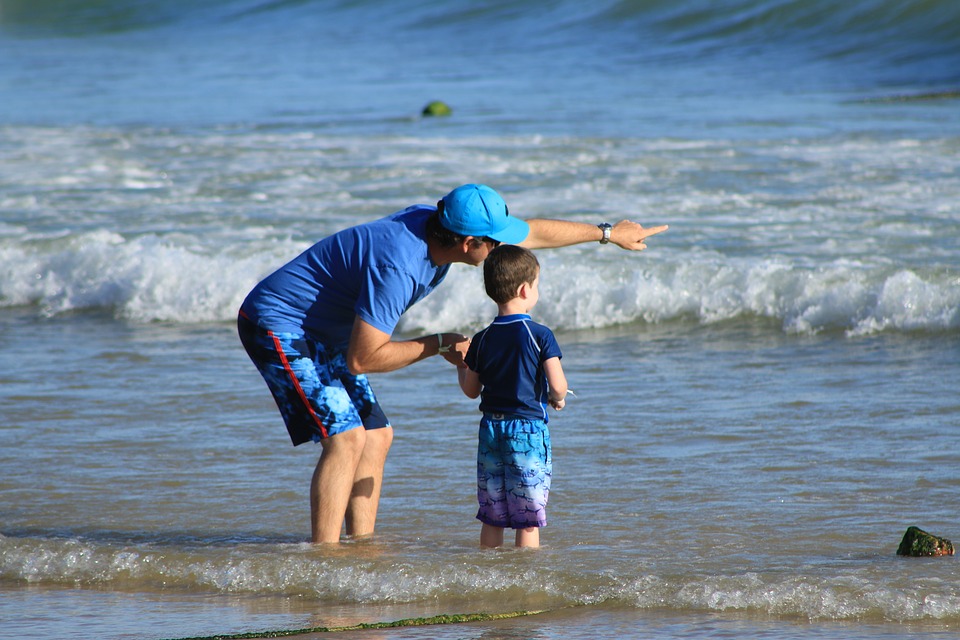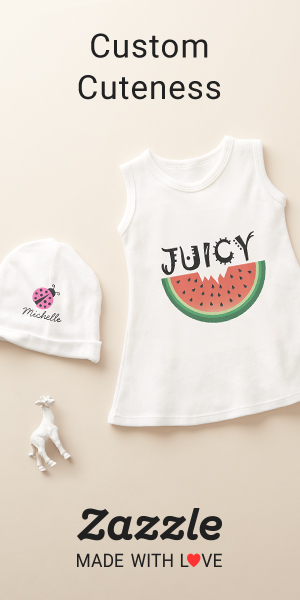Why Should Parents Share Their Stories?
Why Should Parents Share Their Stories?
Remember the time when you first felt inquisitive about something and asked rather uncomfortable questions to your parents? In most of the cases, parents used to shoo away their kids. At the time, living in denial, and hoping that kids would get their own information from somewhere, god knows where, and that it would be in an acceptable, good format, god knows how, was kinda common.
However, humans evolve and so do parents and parenting. Today, as parents, we are told repeatedly that we should talk to our kids, and try to give age-appropriate answers to all their curious questions about changes in their bodies, handling opposite sex etc.
Why is this important? Why should we not just let them find out themselves when they are ready? We have ourselves turned out alright, isn’t it?
Well, dear parents, these conversations are embarrassing indeed, so trying to find excuses to avoid them is understandable, but what we also have to understand is that a lot of things are now different. Our kids have a lot more exposure, too many probable sources of information, some of which can be really crude, and a world infinitely more dangerous because of all this.
Not only should we answer their questions, but try to give them information proactively when we think their minds are ready. One format of this information could be stories. In fact, sometimes, sharing our own stories can also help. Here’s how.

1. It helps to develop a relationship of trust and respect.
Imagine your kid comes to you with a question. You are the go-to person for him or her after all. They trust you to consider their curiosity important, find their questions as endearing as their hugs as kisses, and expect answers from you.
When you don’t answer their questions or scold them, send them away, or just avoid, ignore or maybe postpone giving them answers indefinitely, they are confused, sometimes heartbroken and even worse, they lose their trust in you. Also, repeated incidences of this kind might cause loss of respect for parents.
2. Your child will not run to other sources for information.
Not sure that whether other uncomfortable questions would be answered or they will get scolded, kids might turn to other people or sources of information. This can be dangerous, as not only can they get incorrect information from their sources, but they might be eventually harassed, abused or blackmailed by an adult or older minor whom they’ve trusted enough, but who turns out to be a pervert.

3. You will be more aware of the exact level of his/her understanding.
If you answer all their questions, share your stories with them, and even better, provide them age appropriate information proactively, it’s highly probable, that you will be their only or at least, most trusted source of information.
In this case, you would be aware of his/her level of understanding, the extent of his/her knowledge and would be able to provide further information or emotional security. You will be able to forge a special connection with their perception of their surroundings, which will not just be useful, but extremely satisfying.

4. Being honest will encourage them to do the same.
If you share your stories including any embarrassing mistakes that you or your friends have made when you were young, they’ll open up, and won’t feel scared or embarrassed to share their stories in turn. These stories could be a huge part of their current problems, and you will be in a much better position to guide them if you have exact information instead of vague assumptions.
5. They will probably wait for the appropriate age.
With all the affection, respect for you and the emotional security you would provide, they will most probably wait for an appropriate age before being physically intimate with someone. This will not just protect their not yet ready bodies, but can also save them from being emotionally hurt.
So dear parents, let’s evolve for our children. Let’s Grow For Our Kids.



Comments (Facebook)